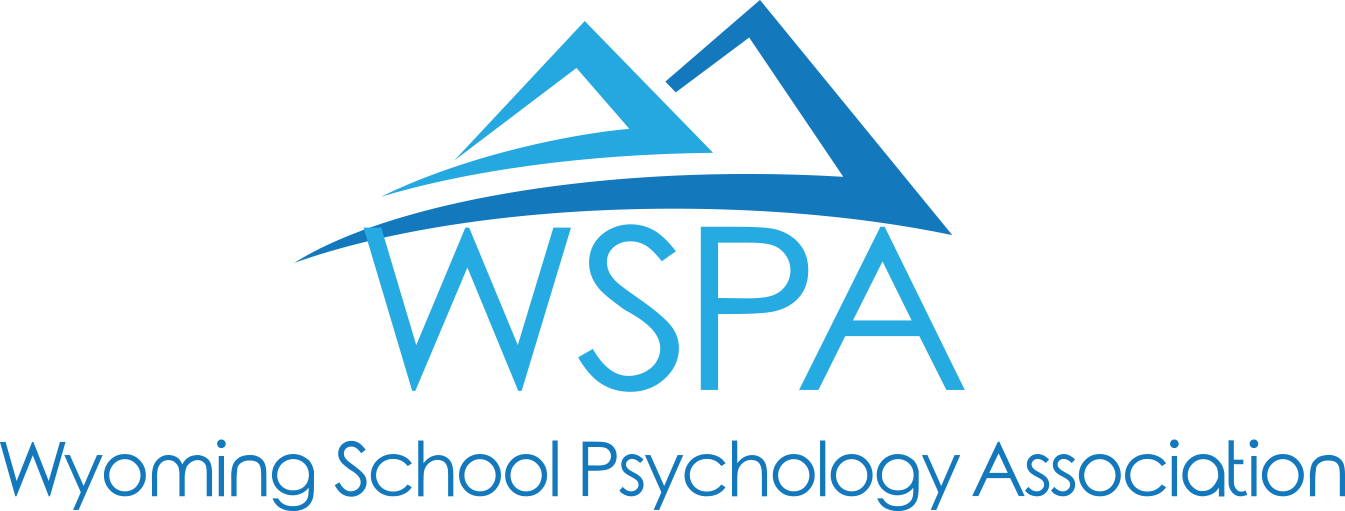Password for access is antelope
***Post written by Laura Lane, WSPA Secretary***
I recently attended a Learning and the Brain conference with a focus on educating anxious brains.
I attended 2 sessions by Grace Dearborn. Her focus was on how to work in the classroom with students who present behavioral challenges. Her presentations were energetic and she demonstrated many of the classroom management techniques through her presentations. One of her biggest emphasized points was to over teach routines and expectations. Using visual aids to show what the expected behavior looks like can reduce the amount of ‘talk’ and eliminates the opportunity for disagreements. She also said that these visual aids should only be used when they are needed or they can become a distraction. Using these visual aids helps to allow for nonverbal redirects which are helpful when working with students who have faced trauma. She also provided examples of how to implement consequences by making it more uncomfortable for the student to resist than it would be to comply. She has authored/co-authored 3 books-Conscious Classroom Management, Picture This, and Yeah, But What About This Kid. Although I have yet to read these books, my district did purchase them and I would recommend them as a good read for teachers at any level. The ones my district purchases have already been loaned out.
Another session I attended was a tour of the University of California San Francisco Neuroscape Lab. Here is a description of one of the projects that may soon be available as a treatment option. It was described as a program that will need a doctor’s prescription.
NEURORACER
A custom-designed, closed-loop video game that challenges an individual to engage rapidly and accurately in a high-interference 3D environment. Neuroracer, the first cognitive optimization video game from the Gazzaley Lab, was launched in 2008 with a general design by Dr. Gazzaley and development by game professionals from LucasArts. It uses adaptive algorithms to simultaneously challenge players on two tasks, navigating and responding to specific signs. Rewards are driven by participants improving on both tasks, which requires multitasking abilities.
In September 2013, the conclusions of a series of studies showing cognitive improvements in vigilance and working memory in older adults after a month of game play, as well as neural mechanisms of action, was published as the cover story of Nature with a journal title of “Game Changer”.
The patent describing the methods behind Neuroracer has been licensed to Akili Interactive Labs, a therapeutic video game company co-founded by Dr. Gazzaley to move this technology into people’s lives. The next generation of Neuroracer, a game currently called Project EVO has now been developed by Akili and is being tested as a diagnostic tool for Alzheimer’s disease and a therapeutic treatment for ADHD, depression, cerebrovascular dementia, autism and traumatic brain injury.

Nice summary.
Never attended a learning and the brain conference, but understand it is wellworth it.